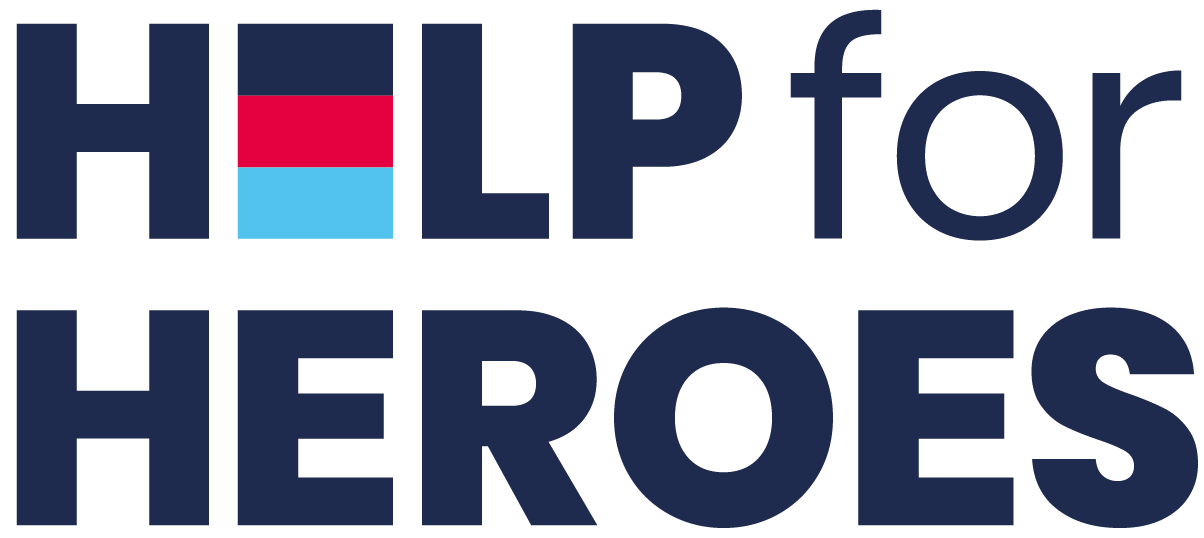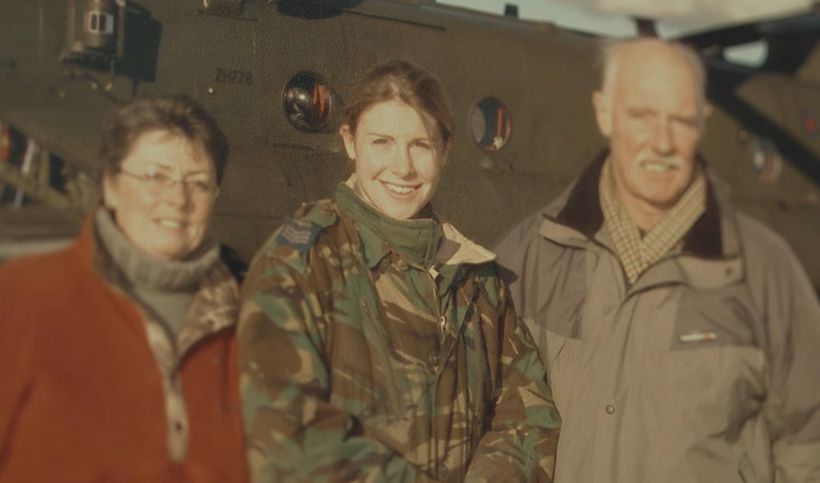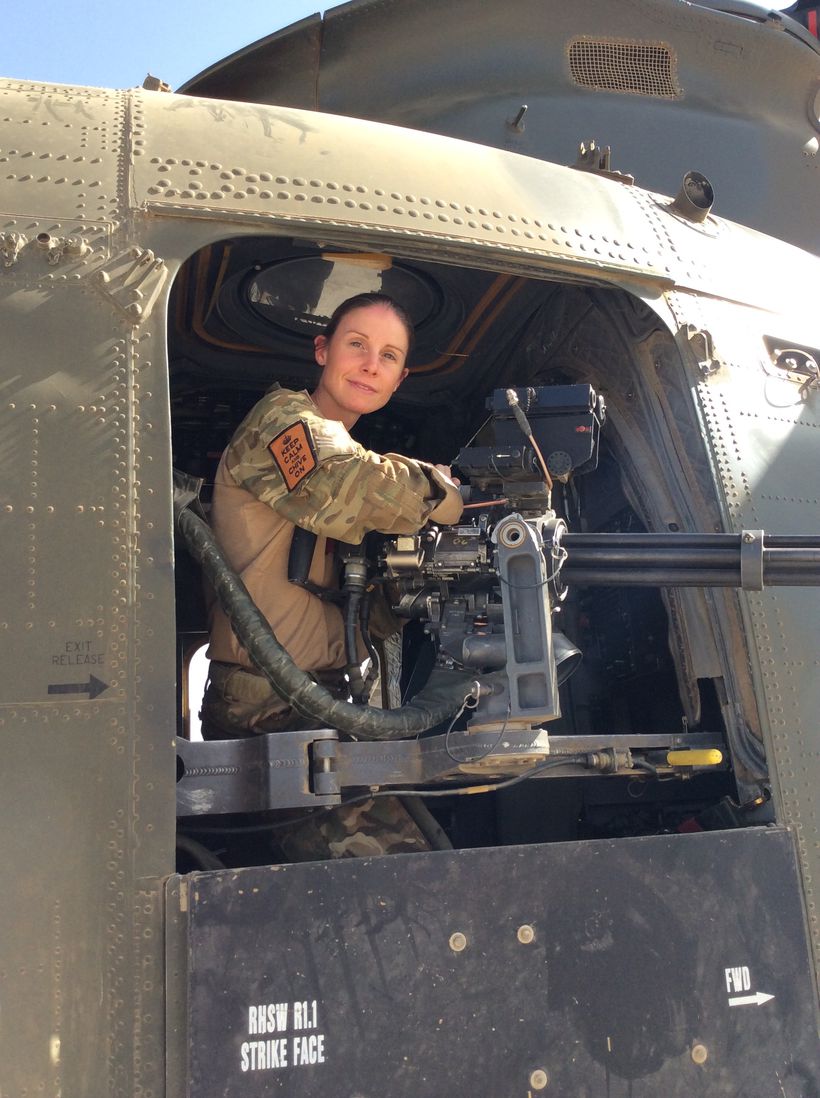Updated on
Liz fulfilled her childhood dream by joining the RAF on her 19th birthday.
She’d always wanted a job in which she could help others.
At the age of 21 Liz became the youngest aircrew to deploy to Iraq. She was also the only female member of the crew on the iconic Chinook helicopter team for four years.
In 2005, Liz was first deployed to Afghanistan and she’d go on to complete 10 tours as part of the medical helicopter response team providing emergency assistance to wounded personnel.
It was a role she relished. But very quickly, Liz was faced with the horrors of war. And they would have a devastating impact on her mental health.
“At first, I had this lovely naivety because I was so young. We would think nothing of going into a hail of bullets to get a casualty. It was just picking up everybody’s sons, husbands and Dads, who had paid the ultimate price. It was the accumulative effect of that. We saw it all.”
Liz served for over 17 years, but in 2019 she was medically discharged with a neck injury.
“It was really hard, because it was all I had ever wanted to do and suddenly it wasn’t there anymore, and I felt very invisible after leaving the Armed Forces.”
Reliving life at war
As the world went into lockdown due to Coronavirus, Liz’s mental health began to deteriorate. “My routines went out the window. I wasn’t able to be with people, I began to spiral and it triggered PTSD as I began to relive life at war.
“I knew that things were really coming unravelled one night when I couldn’t sleep and at about 4am I was Googling some of the soldiers that we’d picked up. And that was something that we’d never done as crews.
“We didn’t personalise who were in the body bags because we knew it would have such a detrimental effect on our mental health. And then I woke up one morning and I decided it was going to be my last day on earth. And I took a huge overdose that night.”
Fortunately, Liz had managed to dial 999 and was taken to hospital where she recovered. It was there she was diagnosed with post-traumatic stress disorder, and she was referred to our bespoke mental health service for veterans and their families, called Hidden Wounds.
Once under our care, Liz was put in touch with one of our counsellors, called Pauline.
“Pauline was a game changer. She caught me in time and helped me to see that I wasn’t a big ball of mess. She helped me unravel why I was feeling the way I was, and was brilliant at aiding me to find and understand myself again.”
Survivor
“It was almost like I had 10 years' worth of tears that just had to come out. It was only then that I was able to come to terms with the fact that, I’m a veteran and I’m a PTSD survivor.
“Help for Heroes changed my life. They helped me find me again. They made me feel seen once again. And I’m really moving forward into a positive space in life.”
Life changing
During her counselling sessions with us, Liz began writing poetry. This then turned into journaling, and three weeks after putting pen to paper, Liz had unknowingly written a book. “It was never intended to be published, but after speaking with a friend I was convinced to send it to a couple of publishers, and it was picked up.”
Chinook Crew 'Chick': Highs and Lows of Forces Life was published in September 2022 and has been life changing for Liz.
“People were reading it and resonating with my experiences. Suddenly people were getting in touch to ask for support, and I was doing what I have always wanted to do – helping people. The book has given me a new purpose - positivity has come out of a dark time.”
Liz finished counselling with us in early 2022, she says “we all have good days and bad days, but life has been pretty good since.”
Liz now works as a motivational speaker, mental health campaigner and runs courses in leadership for NHS workers.








